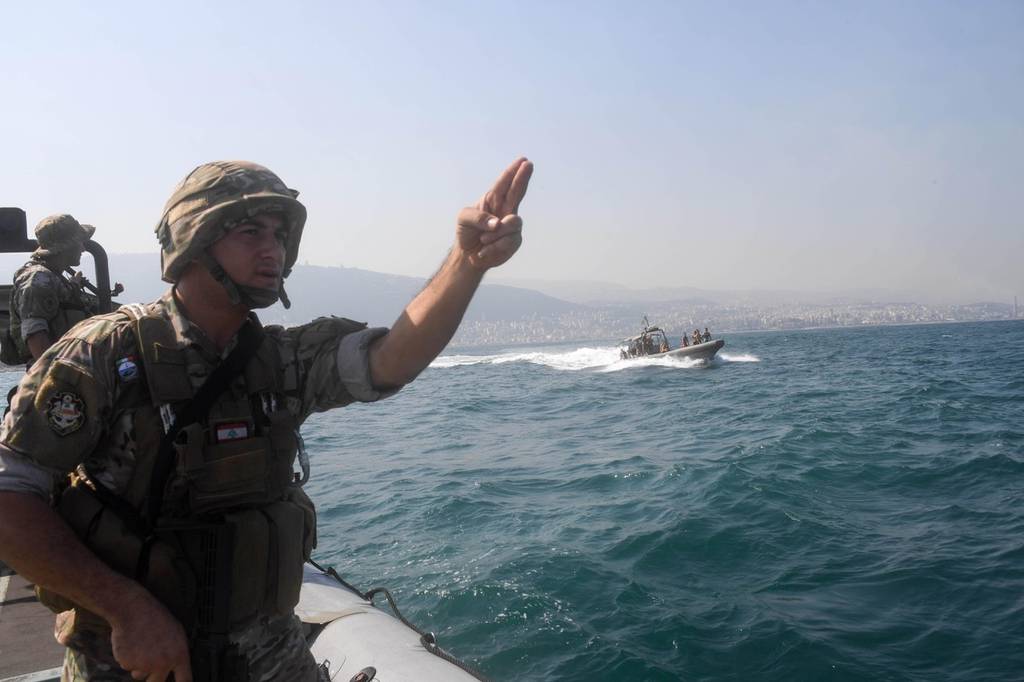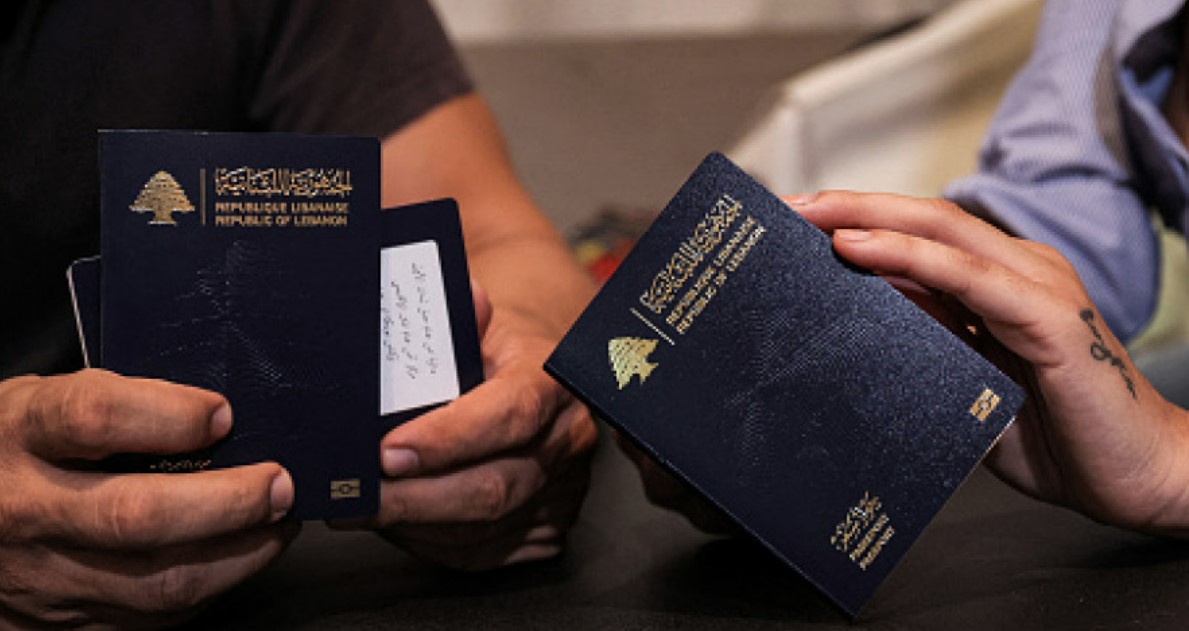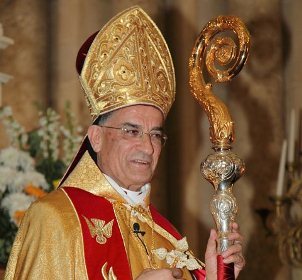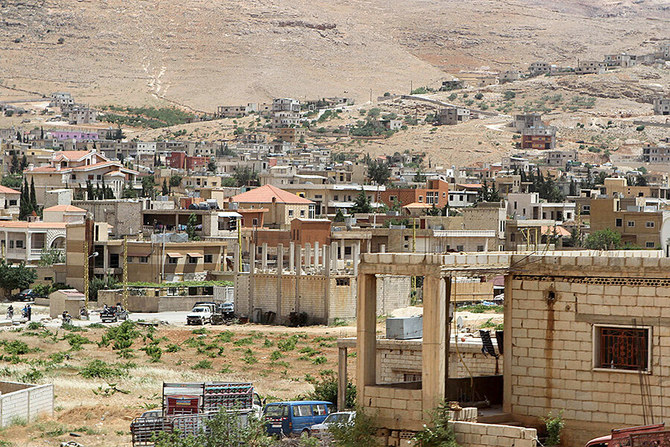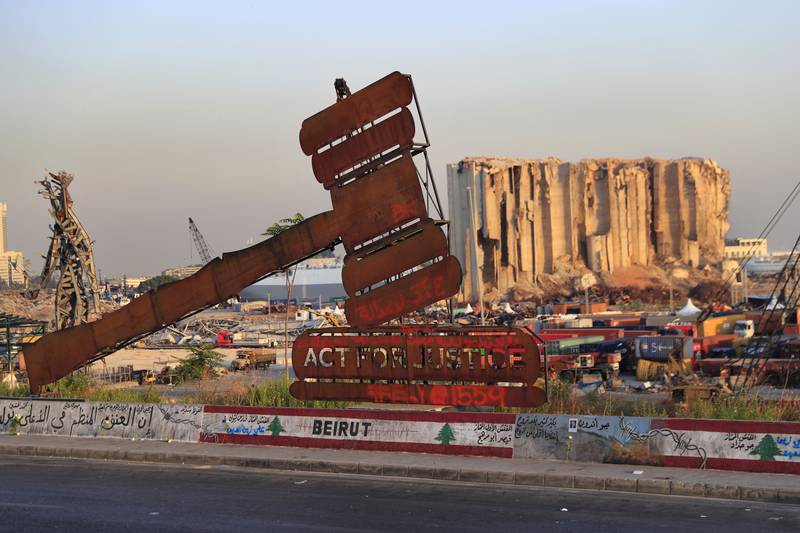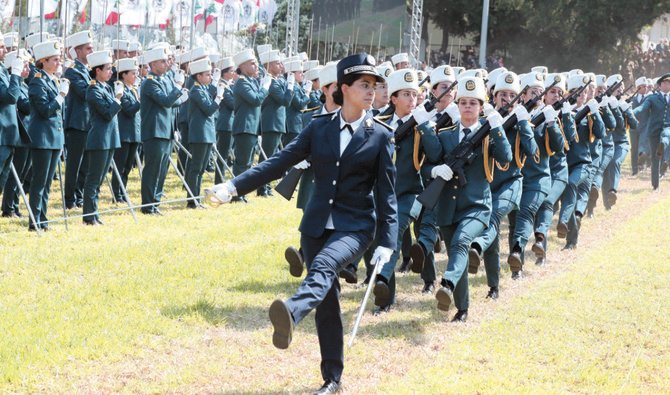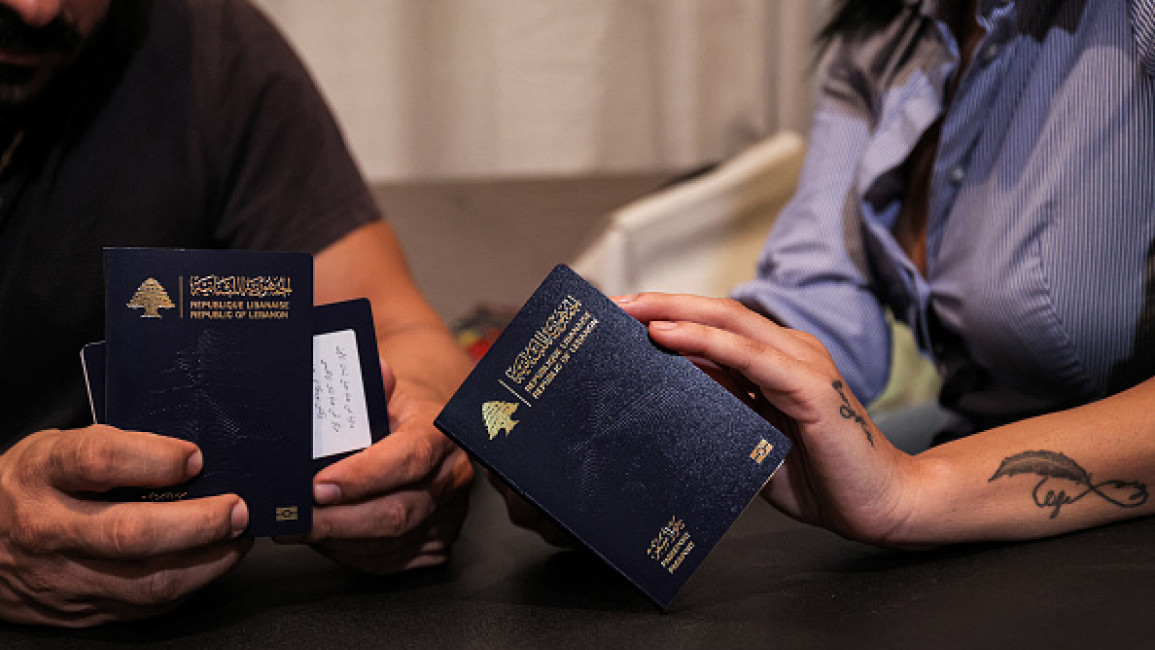
Beirut – Paula Astih — As thousands of public sector workers continue their strike in Lebanon, hundreds of the country’s newborns are being left undocumented. In Lebanon, civil workers have been on strike for more than a month and a half, exacerbating the crises experienced by the Lebanese on different levels. Because of the walkout, the Lebanese can’t obtain their documents to apply for travel visas and they are also unable to complete the process of buying and selling a car. Moreover, the work stoppage obstructs the entry of goods into Lebanon through the Beirut port, which threatens food security.
Since June 13, about 30,000 public workers have been carrying out an open strike to demand a correction of public sector salaries and an increase in the value of social benefits. The direct daily losses caused by the strike amount to about 12 billion Lebanese pounds, or about $400,000, according to the Minister of Labor in the caretaker government, Mustafa Bayram. Despite attempts to reach a settlement with the employees, many of them refuse returning to their duty stations. This reflected badly on families trying to register their newborns. Not only are newborns going unregistered, but also most, if not all, transactions of the civil services departments and others have come to a screeching halt.
